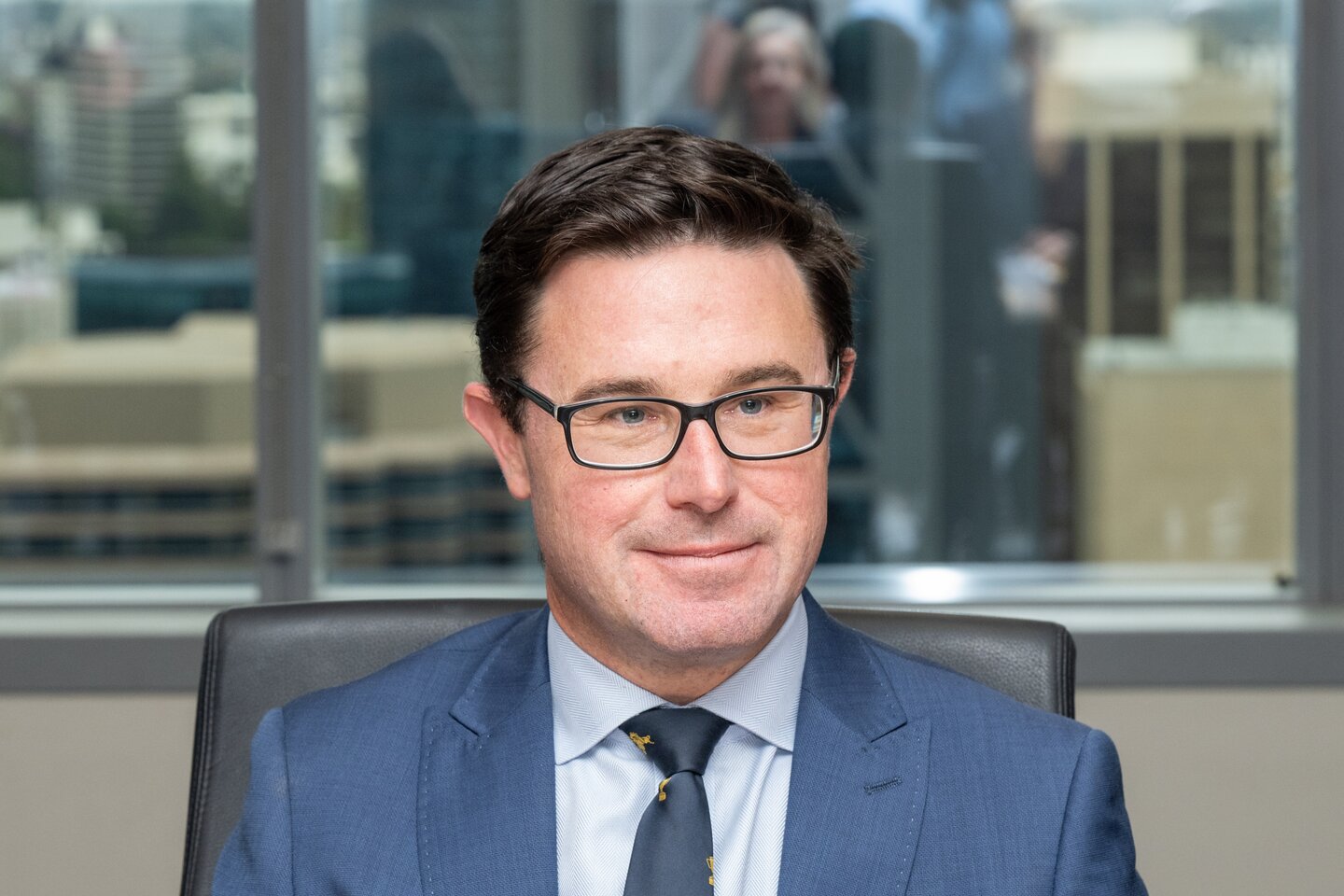Details of a First Nations Voice are in ample supply, contrary to what some of its opponents are suggesting.


David Littleproud has offered up a litany of reasons why he opposes a First Nations Voice, which the Albanese government will put to a referendum before June next year.
In late November, Mr Littleproud and his federal The Nationals Party of Australia colleagues announced they would oppose the creation of such a body, supporting the nascent ‘No’ campaign.
That followed what the party is calling respectful engagement with both stances.
Another perspective comes from Jacinta Nampijinpa Price, an Indigenous woman from the Northern Territory who was elected to the Senate last May.
Senator Price, a former deputy mayor of Alice Springs and frequent commentator on Sky News’s night-time programming, made waves last year when, during her maiden speech to Parliament, she slammed the Albanese government for asking people to vote on a proposed Voice “without any detail of what that might in fact entail”.
That position, echoed by Mr Littleproud in his list of reasons for opposing the Voice, is in direct conflict with those of BHP, Rio Tinto and Woodside Energy, significant contributors in regional communities and all supporters of the Uluru Statement from the Heart.
It also puts the federal Nationals in conflict with state colleagues, not least of all The Nationals WA, which continues to support the enactment of a First Nations Voice.
The same goes for former federal colleague Ken Wyatt, who put significant work into the co-design process for a First Nations Voice, details of which were presented in a report to the Morrison government in 2021.
Befitting work that consulted 9,400 people and organisations over an 18-month process, processes are in fact thoroughly detailed throughout.
It’s a dense read, but here’s the gist.
Parliament and government would, under the report’s preferred model, be advised by a 24-member body, constituting Aboriginal and Torres Strait Islander members offering their views on laws, policies and programs that affect them, particularly on matters of social, spiritual and economic wellbeing.
Parliamentarians and public servants would have an obligation to consult with the Voice, preferably as early as possible, but its remit would remain narrowly focused on those areas that directly pertain to First Nations people.
Transparency measures would be allowed for, based on those standards by which federal MPs are already held.
Local and regional bodies would also be implemented to complement the national Voice.
Whether this is the model the Albanese government implements remains to be seen, as it has endorsed constitutional change rather than the Morrison government’s preference for a legislated body.
Just as well Prime Minister Anthony Albanese, during his appearance at Garma Festival in July last year, detailed the rather simple question that would be posed via referendum. That is, do Australians support three sentences being inserted into the Constitution to establish an Aboriginal and Torres Strait Islander Voice?
Those sentences clearly state the narrow remit of such a body, as well as Parliament’s ability to “make laws with respect to [its] composition, functions, powers and procedures”.
Essentially, Parliament will decide after a vote what the Voice will look like.
The details that are available have clearly been enough to sway the likes of former prime minister Malcolm Turnbull, who, after famously deriding the Voice as a “third chamber” of Parliament in 2017, is now among prominent supporters of a ‘Yes’ vote.
Writing for The Guardian in August, Mr Turnbull appeared sufficiently soothed by the co-design report while allowing room for further detail to emerge once a referendum is held.
It’s in that arena Australians should feel safe to debate the Voice’s merits.
Indeed, the referendum should give policymakers the space to respectfully debate the merits of such a proposal, insofar as it interacts with Australia’s Constitution and broader themes of the country’s culture and identity.
Those for whom the Voice may actually have some tangible effect should also be given a platform to explain their position on the topic.
It’s in this space that Senator Price’s criticisms, based on lived experiences, carry weight.
But for critics to continue demanding detail while overlooking the ample amounts available is an ignorant, if not disingenuous, position.












